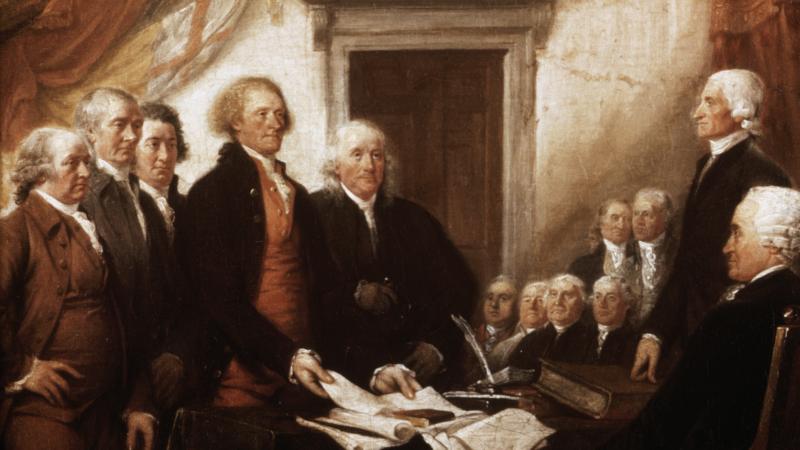Middle East conflict threatens to further increase spike in crude oil prices
A major factor in whether prices will stay high, or go higher, is confirmation that Iran was directly involved in Hamas’ operations, as some have speculated.
Crude oil prices rose sharply following the attack by Hamas on Israel this past weekend. However, prices either continuing to increase or drop will likely be the result of whether the ensuing battle between the sides remains contained or spreads to a wider Middle East conflict.
Brent Crude oils prices increased roughly $3 a barrel after Hamas' deadly attack Saturday on Israel.
The price for Brent went from $84.40 a barrel on Friday to $87.71 on Monday.
West Texas Intermediate prices, the U.S. benchmark, rose from $82.81 to $86.07 during the same period.
The increases are some of the steepest this year.
A major factor in whether prices will stay high, or go higher, is confirmation that Iran was directly involved in Hamas’ operations, as some have speculated.
Without proof, it's most unlikely U.S. would launch retaliatory strikes or impose harsher sanctions against Iran, which would threaten the country’s 3-million barrel per day production, according to The Wall Street Journal.
GasBuddy data shows U.S. prices at the pump declined Sunday to a national average of $3.67 per gallon, a drop of 10.2 cents from the previous week. The decrease follows a year-long trend toward lower gasoline prices.
Patrick De Haan, head of petroleum analysis at GasBuddy, said the price increases are unlikely to be sustained and that the downward trend should continue unless the war escalates.
“I’m hopeful the violence won’t spread, limiting the impact of these falling gas prices," he said. "Even with oil prices rising as a reaction to the attacks, I remain optimistic the national average could decline another 25-45 cents by late November, with prices potentially falling nearly triple that in California."
De Haan also said that economic concerns over the Federal Reserve continuing to raise interest rates will put downward pressure on oil prices and reverse the “knee-jerk” jump in prices this week.
















